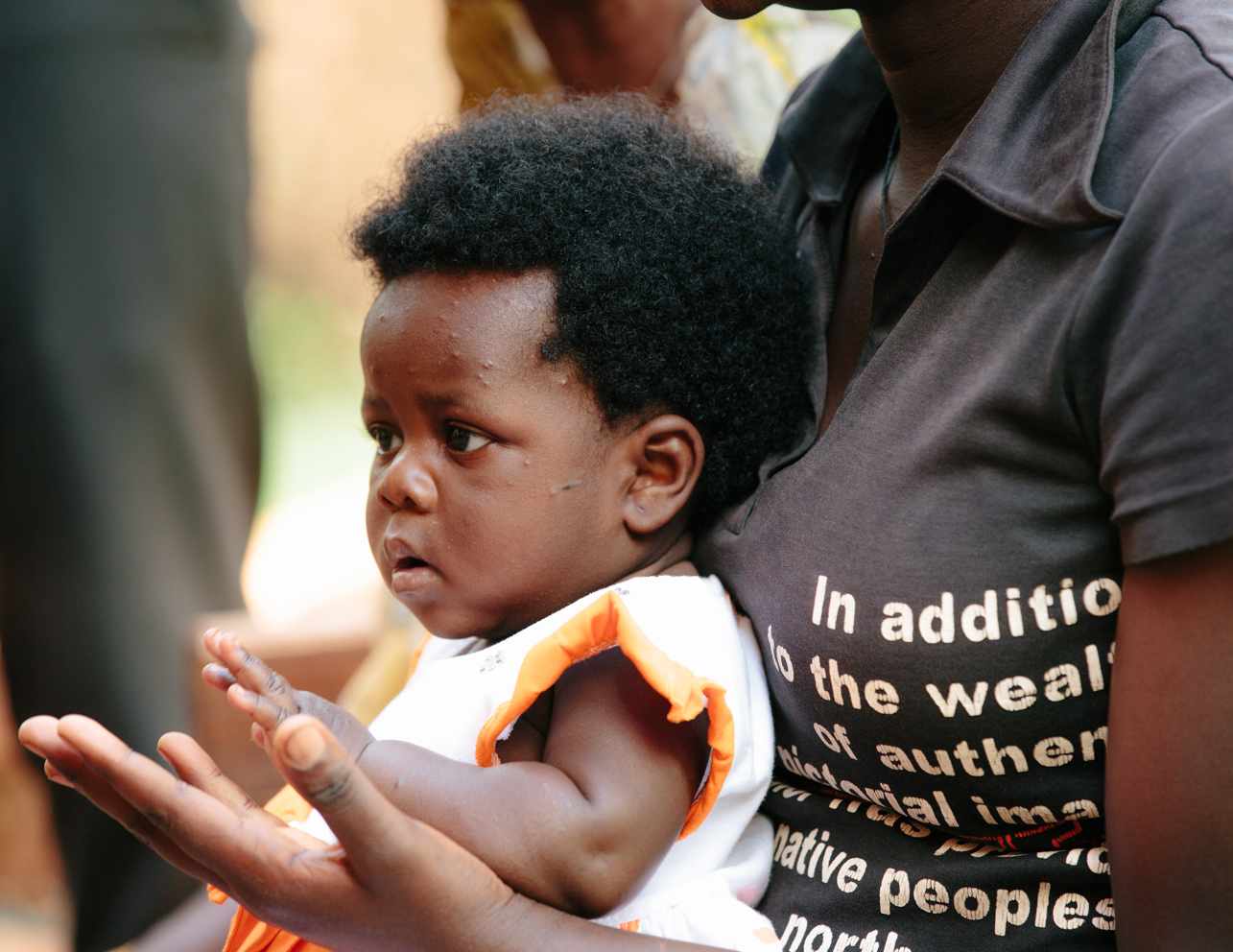From the introduction of Politics.
For me, there was a time in the not-so-distant past when I knew exactly where I stood on most political issues. Because I was an evangelical Christian, I thought my political views had to mirror exactly what I heard being preached from the pulpit [yes, politics in the pulpit—can you believe it?], articulated over Christian radio [God save Janet Parshall!], and written in Christian books [yes, James Dobson writes books]. Despite that often cumbersome law that separates church from state—and sometimes seems as real in our modern culture as Joan Rivers’ face—the church I attended as a kid always seemed to equate godly with the Republican Party. The pastor always prefaced his support of Republicans by saying, “Now, I’m not telling you who to vote for, but I’m going to vote for the candidate who is currently president. . . . But don’t let that influence you. . . .”
Some might think that being Christian should make politics simpler, but often it complicates it even more. However, despite the often strange dynamics that ensue when Christianity and politics get in the same Washington DC room for cocktails—nonalcoholic, of course—it is indeed possible for faith to be integrated into our personal politics without surrendering our personal integrity to one side of the political aisle or the other. But for quite some time, I didn’t think that was possible. But perhaps that’s because I was pretty much molded into a right-wing conservative before I had pubic hair.
By the time I was twelve years old, you might have considered me a young George W. Bush. [Instead of W, you would have called me P.] As a preteen, I already understood the basic aspects of the political process, watched the most important campaigns closely, and knew exactly who I would vote for and, just as important, why. Back then, I thought selling your soul to the GOP [Grand Old Party] was the Christian thing to do. I knew early on that when I turned eighteen, I’d support the elephants.
My cordial relationship with politics began in sixth grade. That’s the year I thoroughly began aligning myself with the Christian conservative platform. It might sound completely ridiculous for a twelve-year-old to be this interested in politics, but I was uncoordinated and so playing sports wasn’t necessarily an option for me. My love affair with politics started as I watched the 1984 election between Ronald Reagan and Walter Mondale. Something lit a spark in me. That election day, I sat at home with a notebook in hand and watched ABC’s World News Tonight with Peter Jennings [recording every comment said and the exact moments when state results were announced]. It was clear early on in the evening that Mr. Reagan was going to win the election with a certain amount of ease. But for some reason—maybe it was ABC’s cool red and blue maps or the heart-pounding music that was played each time a state’s results were announced, or maybe it was the passion each and every person Peter Jennings interviewed possessed for the political process—that night watching The Gipper [a nickname for Ronald Reagan] slaughter [politically speaking, of course] Walter Mondale [and it was a slaughter: 525 electoral votes to 13] made me fall in love with politics.
My sixth grade teacher at the Christian school I attended couldn’t keep his political leanings out of his lectures. He’d convinced me and all of the other students that if Walter Mondale were to become president of the United States, America would more than likely become a communist country, just like the USSR, China, or Canada. [It wasn’t until a little later that I learned Canada wasn’t actually a communist country; however, my teacher was not convinced.] Like the majority of people in America, Mr. Kustings had an uncanny love and admiration for Ronald Reagan, and sometimes, like so many who love politics do, he often went a little overboard with his political antics. When I arrived for class the next morning, there was a huge sign on the blackboard that said, “Hallelujah! Reagan Wins the Election!”
Home life and politics were indeed mixed in the Turner house, but only on occasion [usually around the presidential elections]. My mom and dad were Reagan Democrats, which is a term political commentators used to describe working-class Democratic Americans who in 1980 and 1984 [and some in 1988] crossed party lines to vote for the Republican candidate. Though the majority of people considered to be Reagan Democrats voted for Reagan because of his strong stance on national security and his promise to lower taxes, in 1980 [Reagan’s first election] Mom and Dad were relatively new Christians, and that election was the first time their faith played a significant role in who they supported. Having registered as Democrats twenty years before when Dad said the Democratic Party stood for legislation and values that were more in line with their personal ideals, they kept their Democrat registration, but they’ve voted straight-ticket Republican since 1980. Though my mom and dad would never have considered themselves to be political activists, they certainly involved themselves in the political process and encouraged me to do the same. And of course their influence played a significant role in my political belief system until the early part of my adulthood. [While their influence is still invaluable to me, we learned a few years ago that we don’t agree on everything. And besides, this book is about what you—and I—didn’t learn from our parents.]
Viagra is for the treatment of inability to get or keep an erection and similar states when erection is of low quality. When you buy remedies like cialis from canada you should know about cialis online canada. It may have a lot of brands, but only one ATC Code. Erectile disfunction, defined as the persistent impossibility to maintain a satisfactory erection, affects an estimated 15 to 30 millions men in the America alone. Sexual health is an substantial part of a man’s life, no matter his age etc.




